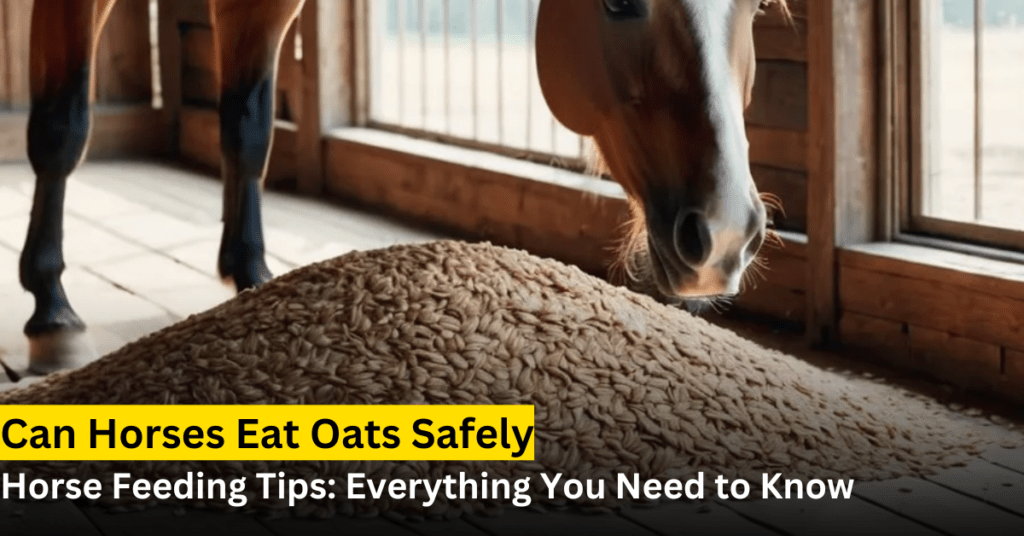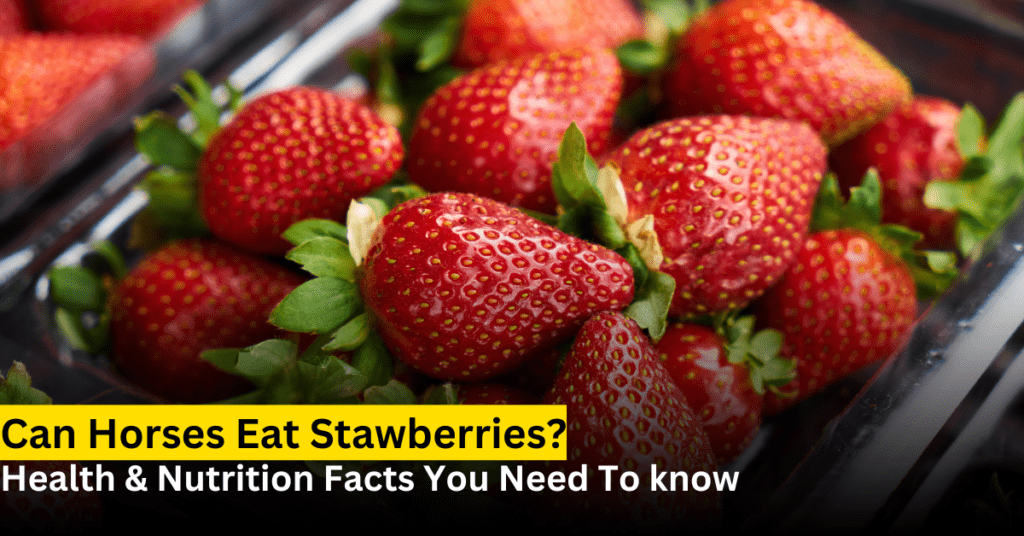Yes, watermelon is safe for horses when fed in moderation. It’s mostly water, with small amounts of sugar, vitamins A and C, magnesium, and phosphorus. This makes it a great occasional treat, especially during hot weather, as it helps keep your horse hydrated.
However, every horse is unique. Always introduce new foods like watermelon slowly into their diet to monitor for any adverse reactions.
Can Horses Eat Watermelon Rind?
Yes, horses can eat watermelon rind, but only in small quantities. The rind contains fiber and citrulline, which can improve blood circulation. However, because it’s tougher to chew and digest, you should cut the rind into small, manageable pieces. Washing the rind thoroughly before serving is a must to remove any pesticides or chemicals.
Can Horses Eat Watermelon Seeds?
Watermelon seeds are safe for horses in small amounts, as they contain only trace toxins. Still, it’s better to remove seeds whenever possible to eliminate choking risks or digestive issues.
How Much Watermelon Can a Horse Eat?
Many people have question in their mind, Can a horse eat Watermelon? Yes, Horses can eat watermelon but in moderation. A good rule is to offer a few slices as a treat to your horses. Overfeeding watermelon, or any sugary fruit, can upset their digestive system and disrupt their nutritional balance.
Use watermelon as an occasional reward rather than a daily snack. Too much sugar, even from natural sources, can lead to weight gain or digestive problems like colic.
Why Is Watermelon Good for Horses?
Watermelon isn’t just delicious—it’s packed with nutrients:
- Hydration: Contains about 90% water, making it perfect for hot days.
- Vitamins: Provides vitamins A and C, boosting your horse’s immune system.
- Fiber: The rind adds a dose of fiber for healthy digestion.
- Blood Circulation: Citrulline from the rind converts to arginine, relaxing blood vessels and improving blood flow.
Tips for Feeding Watermelon to Horses
- Wash Thoroughly: Clean the rind to remove pesticides or dirt.
- Cut into Slices: Offer bite-sized pieces for easy chewing.
- Remove Seeds: Minimize choking risks by taking out the seeds.
- Start Small: Introduce watermelon gradually to observe your horse’s reaction.
Precautions: When Not to Feed Watermelon
- Unknown Medical Conditions: Consult your vet if your horse has dietary restrictions.
- Allergic Reactions: Watch for signs like colic or discomfort.
- Group Feeding: Avoid feeding in groups to prevent horses from fighting over treats.
Can You Feed Watermelon to a Horse You Don’t Own?
No, you should never feed anything, including watermelon, to a horse that isn’t under your care without the owner’s permission. It could cause unexpected health issues, and herd animals might fight over the food, leading to injuries.
FAQs
Q 1. Can a horse eat watermelon rind?
Yes, horses can eat watermelon rind in small portions. Always clean and cut it into smaller pieces before serving.
Q 2. How much watermelon can a horse eat?
Horses should only eat a few slices as an occasional treat. Overfeeding can upset their stomach.
Q 3. Can watermelon seeds harm horses?
While seeds are generally safe in small quantities, removing them is recommended to avoid choking.
Q 4. Can I feed watermelon daily to my horse?
No, watermelon should be an occasional treat, not a staple food, due to its sugar content.
Q 5. What’s the best way to feed watermelon?
Wash it, cut it into slices, remove seeds, and serve in moderation.
Conclusion
Can horses eat watermelon? Absolutely! It’s a hydrating, nutritious treat that horses enjoy. However, moderation is key. By following the tips in this guide, you can safely introduce watermelon into your horse’s diet and make their summer days even better!





